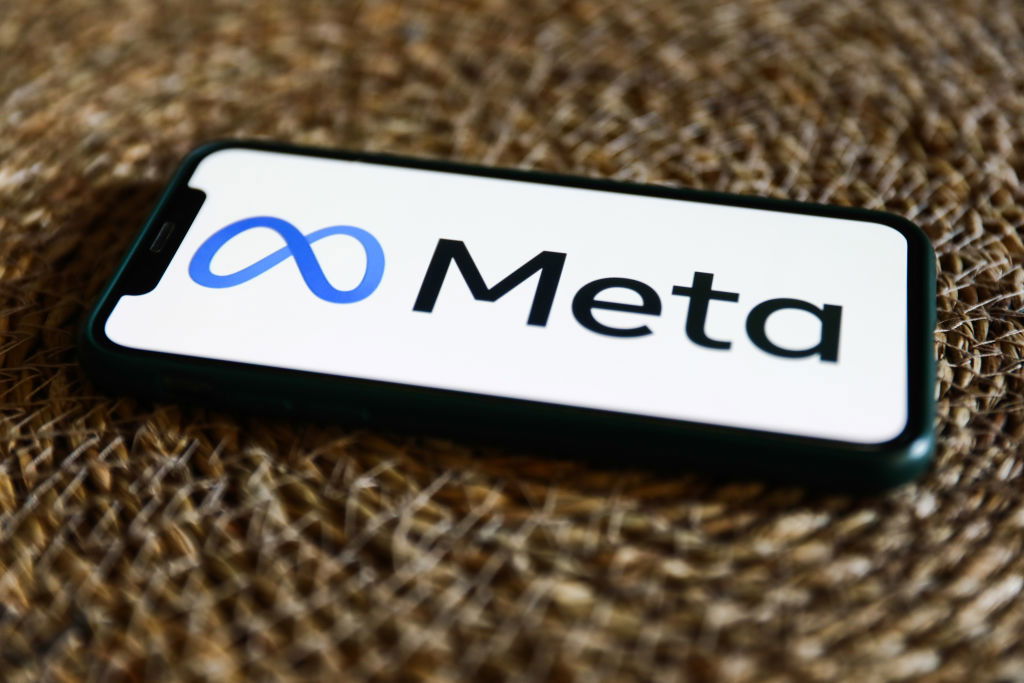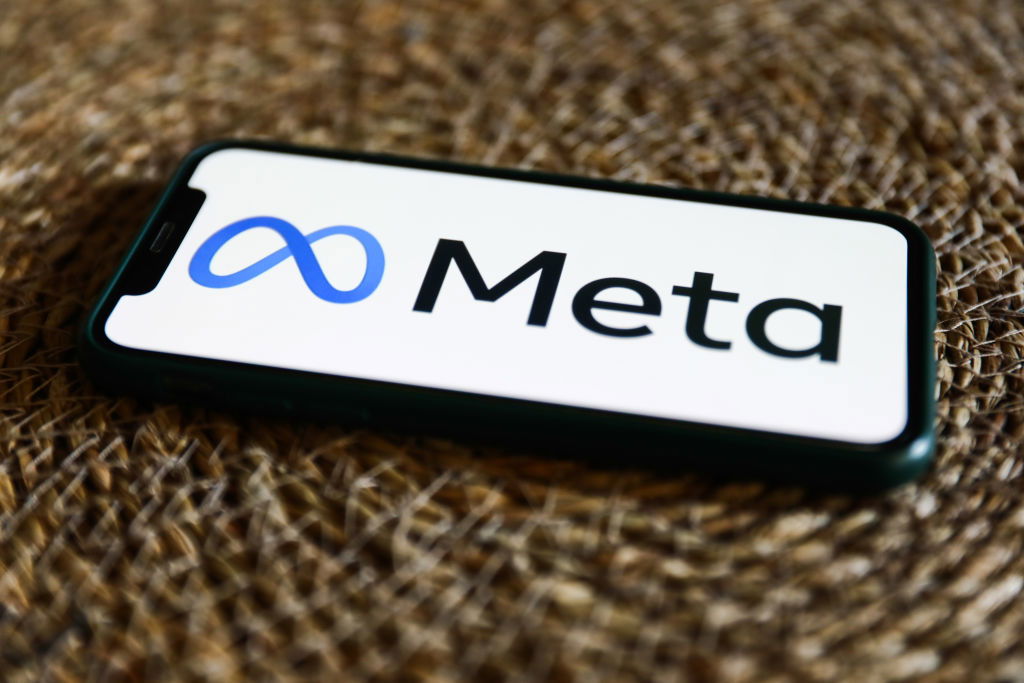
September 26, 2025
Under the contract, Meta will pay only half of the plant construction.
A rural stretch of northeast Louisiana is now at the center of a fierce debate involving Meta.
Richland Parish is questioning the cost in relation to infrastructure and public risk as Meta builds one of the world’s largest data centers. The facility requires a $3 billion upgrade to the region’s electric grid. Critics warn that the state and its residents may ultimately bear a significant portion of the cost, according to the Associated Press.
Once active, the multibillion-dollar Meta facility will demand more electricity than New Orleans, the state’s most populous city. To make that possible, power company Entergy, in partnership with Meta, will construct three gas-fired power plants. Each plant is capable of producing 2,262 megawatts of energy. The company will also build a $550 million transmission line. Much of that infrastructure is being constructed under confidentiality arrangements that shield cost details and future liabilities.
Under the contract, Meta will pay only half of the plant’s construction costs. The full scope of the project will take 15 years. While the mega corporation will pay any costs associated with project overrun, Entergy and the state will still bear responsibility for maintenance, operation, and the transmission line. Because nondisclosure agreements prevent complete transparency, consumer advocates have been unable to audit the estimates or test how costs will be allocated if Meta leaves or renegotiates terms.
The Louisiana Public Service Commission approved the plan in August, with some concessions aimed at protecting consumers. However, dissenters remain skeptical. Devante Lewis, a Richland Paris commissioner, vehemently opposes moving forward with so little information.
“There’s certain information we should know and need to know but don’t have,” Lewis said.
Adding further tension, Meta was granted sales tax exemptions under a 2024 law. The exemption raises concerns about lost public revenue even as new power plants are being built on public credit. Critics and residents worry that if Meta fails to renew its contract or faces financial difficulties, the plants may become a financial burden on the rural farming community of only 20,000 residents.
As local businesses and residents weigh the possibility of new jobs against infrastructure risks, Louisiana’s deal is increasingly seen as a test case in how much power Big Tech should have over local energy futures.
RELATED CONTENT: Black Memphis Community Says It’s Under Siege From Pollution Emitted By Elon Musk’s New Supercomputer





